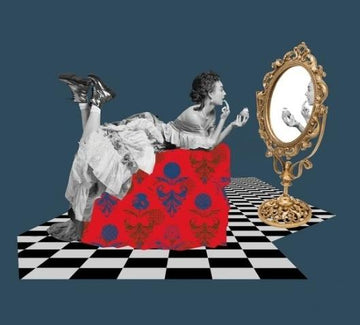
Menstruation has historically been assumed as a bodily function that affects only ‘women’. This is seen as a social signal potential for gender/sex identity by trans and non-binary people. So, when people ask, 'do transgender people have periods?', we need to change it up and be more aware of how we talk about periods. At Lemme Be, we want the conversation about periods to evolve. Here we talk about periods without gender barriers because man menstruation is natural, and period conversations must include the trans+ community.
Period activists have been campaigning for years to make conversations about non-binary menstruation more inclusive. For example, a trans man may be masculine and non-binary, but if they have chosen not to take hormones, they will still get periods. We as a society must note that language plays an important role is in destigmatising menstruation for trans and non-binary folk. The change in messaging is essential. One does not have to live their life under pre-set definitions that may not be relevant in the current times.
So how do we remove these tall gender barriers about periods?
Education is key to understanding that they don't have to be women just because they bleed. For example: having to go and buy period products that say feminine hygiene is uncomfortable for non-binary people. When non-binary folks get their periods, it can be painful due to body and gender dysmorphia. Language is only one aspect of this fight for equality. We also need to address practical challenges for people who use male restrooms without access to sanitary bins or pad dispensers. Periods should be safe and comfortable for everyone.
People often use menstruation as a way to define womanhood. You bleed =/= you are a woman. It doesn't always work like that, even if you're cis-gendered. Not every cis woman gets their period. That is flawed reasoning. A breast cancer survivor who has had her breasts removed and anyone who has had their uterus and ovaries removed is no less a woman. Body parts do not define us.
At Lemme Be, we want to ensure that your period is a comfortable one. We hope to work towards making period-related safety and comfort more accessible for the trans and non-binary communities. However, for people to realise that spaces need to be made more accessible, representation is vital.



